
New Hyundai Verna Scores 5-Star Crash Test Safety Rating from Global NCAP: Watch Video
Hyundai's all-new Verna was released in India a few months ago, and it has been quite warmly welcomed by buyers. The long-awaited Global NCAP ratings for the midsize sedan are now here, and it has scored a perfect five-star rating in every single category.
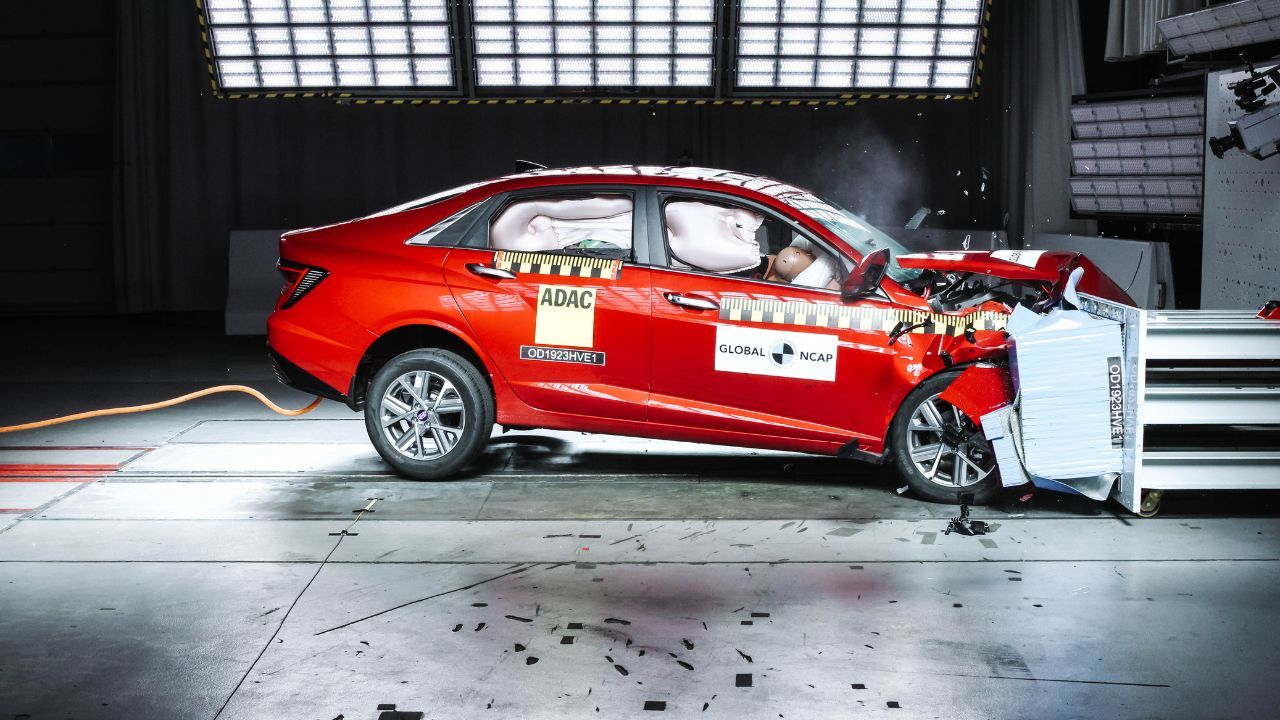
Hyundai Verna has been awarded a five-star safety rating by the Global New Car Assessment Programme (Global NCAP). As a result, the Verna is the first Hyundai vehicle produced in India to earn a perfect score in every crash safety category. The Verna's latest iteration, which debuted in India this year, has been selling like hotcakes. The sedan is equipped with electronic stability control (ESC) and six airbags as standard features. This is one of the last vehicles to be crash-tested under the Safer Cars for India initiative, as Bharat NCAP has taken over responsibility for crash-testing vehicles destined for the Indian market as of October 1.
Verna Crash Test Rating
The Verna received 28.18 out of a possible 34 points for adult occupant protection, however, its bodyshell was deemed unstable and incapable of withstanding additional loadings. The Verna performed well in frontal crash tests, protecting the driver's and passenger's heads and necks well, but only marginally protecting the driver's chest. However, passengers' chests were found to provide adequate protection. There was also a lack of adequate protection for the knees of the driver and passenger from harm, as these areas could be struck by objects hidden beneath the dashboard of the vehicle. The footwell was deemed unsteady as well.
The @HyundaiIndia Verna has scored a top Global NCAP rating for adult and child occupant safety. The model was assessed in its most basic passive safety specification with 6 airbags and ESC as standard.
— GlobalNCAP (@GlobalNCAP) October 3, 2023
Full video here: https://t.co/cp7kuEjaQ9#SaferCarsForIndia #50by30 pic.twitter.com/OMP5mIu77E
Also Read: Bharat NCAP vs Global NCAP: What's Different Between the Two Crash Test Safety Norms?
The Verna passed the side impact test with good marks for safety to the head, pelvis, and abdomen, and fair marks for the chest. On the other hand, the Verna scored an 'OK' in the side pole impact test, with good protection for the head and pelvis, medium protection for the chest, and adequate protection for the abdomen. The Verna was also put through ESC testing due to its standard inclusion of this feature, and its results were found to be within Global NCAP's acceptable range. It also met the requirements for pedestrian safety as set forth by UN 127 and GTR9.
The Verna received 42 out of a possible 49 points for child occupant safety. Among these are the CRS (Child Restraint System) installation points, for which it received a perfect score of 12. The dynamic score was likewise perfect, with 24 points.
Hyundai Verna: Details
In addition to its many other improvements, the new Verna stands out with its blacked-out Parametric grille, bumper-mounted LED headlights, full-width daytime running lights, and 16-inch designer wheels. The sunroof-equipped sedan also includes two 10.25-inch screens, an 8-speaker Bose sound system, and heated and ventilated front seats.
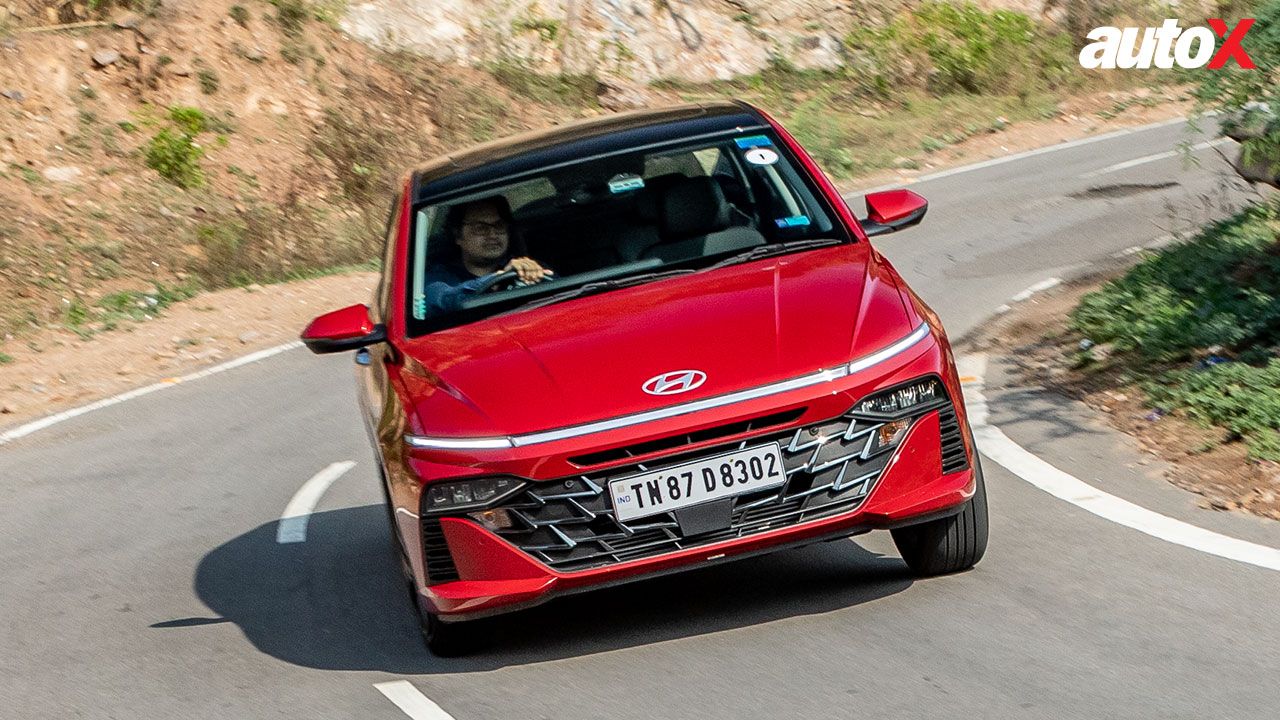
Some models of the Hyundai Verna are available with the Hyundai SmartSense-powered Advanced Driver Assist System (ADAS), which has about 17 Level 2 ADAS features. Adaptive cruise control, forward collision warning, rear cross-traffic alert, high beam assistance, lane keep assist, lane departure warning, blind spot monitoring, and other ADAS technologies are all present and comparable to those found in the newest Tucson SUV from Hyundai.
Also Read: Hyundai Verna Waiting Period Reaches up to 30 Weeks in India
The new Verna has two engine options: a 1.5-litre naturally aspirated (NA) unit and a 1.5-litre turbocharged petrol unit. The naturally aspirated motor has a maximum power output of 113bhp and a maximum torque output of 144Nm, while the latter 1.5-litre turbo-petrol engine has a maximum power output of 158bhp and a maximum torque output of 253Nm.
The NA petrol type offers a choice between a manual and an IVT gearbox. The turbo-petrol engine, on the other hand, can be paired with either a six-speed manual or a seven-speed DCT. The all-new Verna is not offered with a diesel engine option from Hyundai.


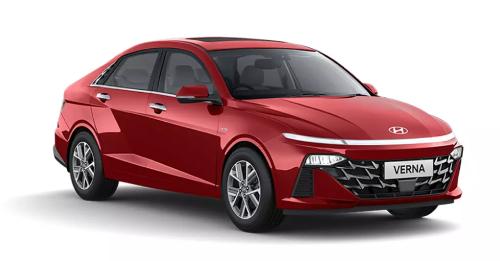
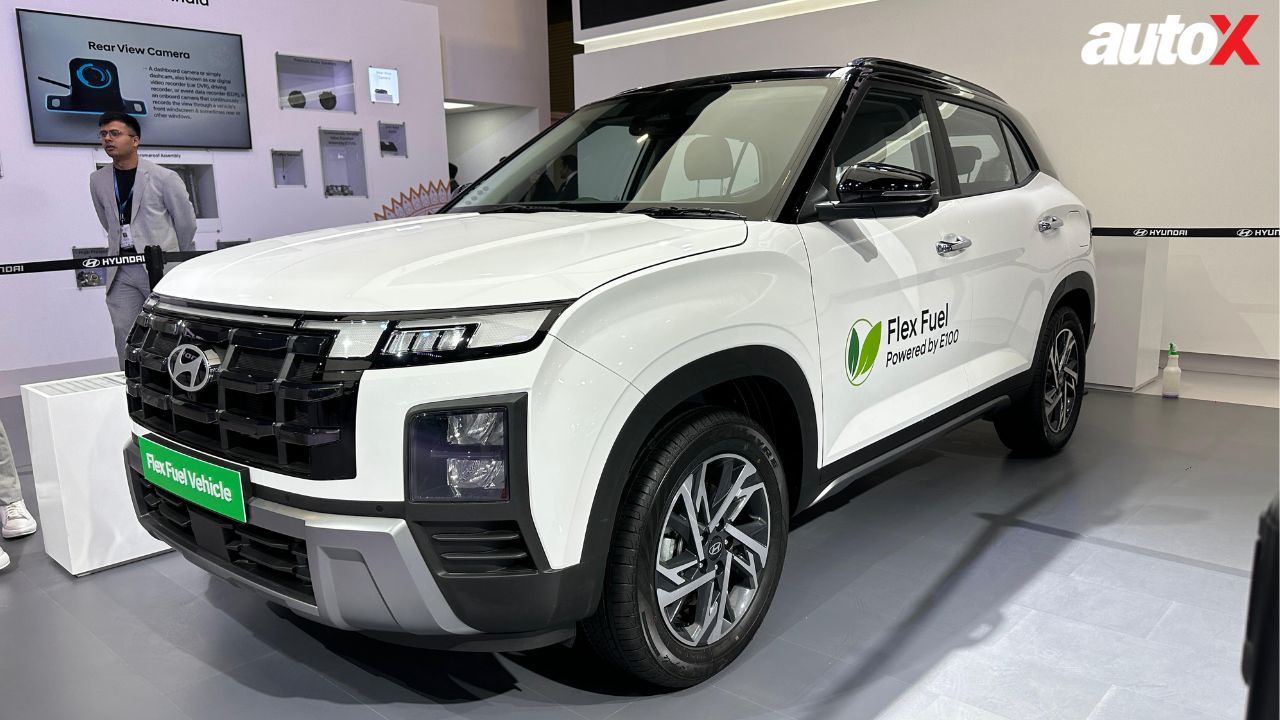
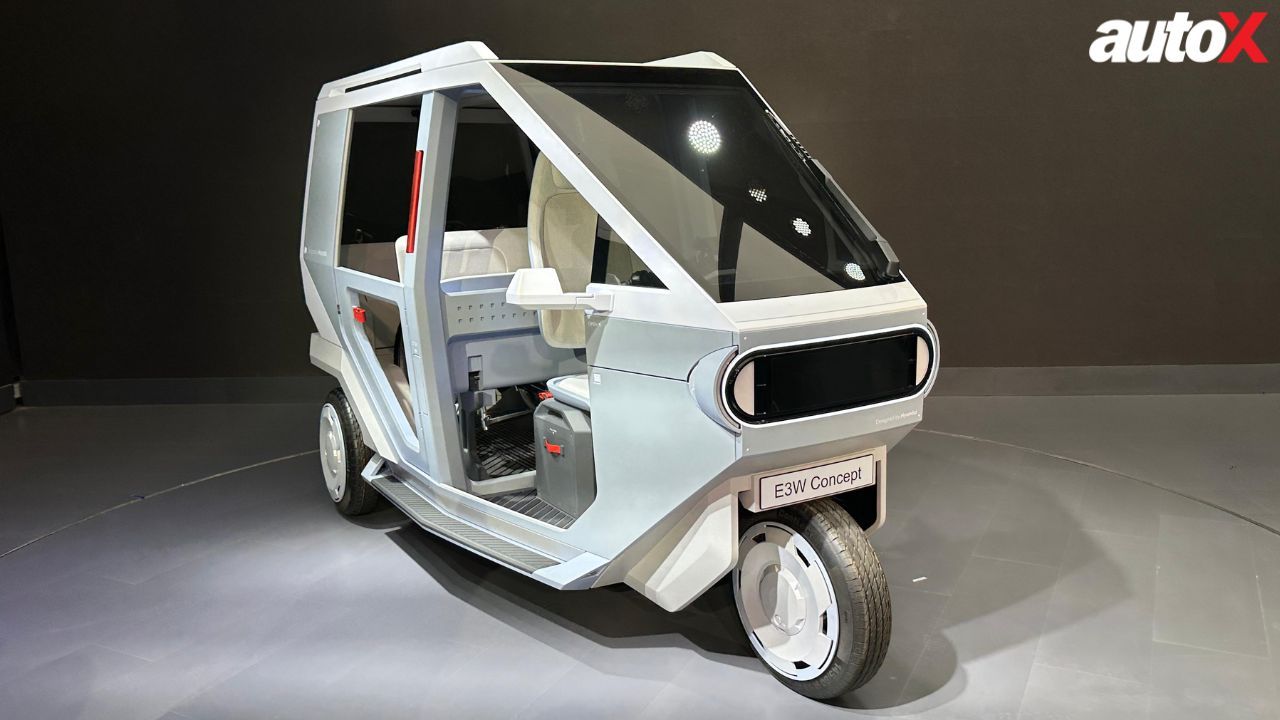
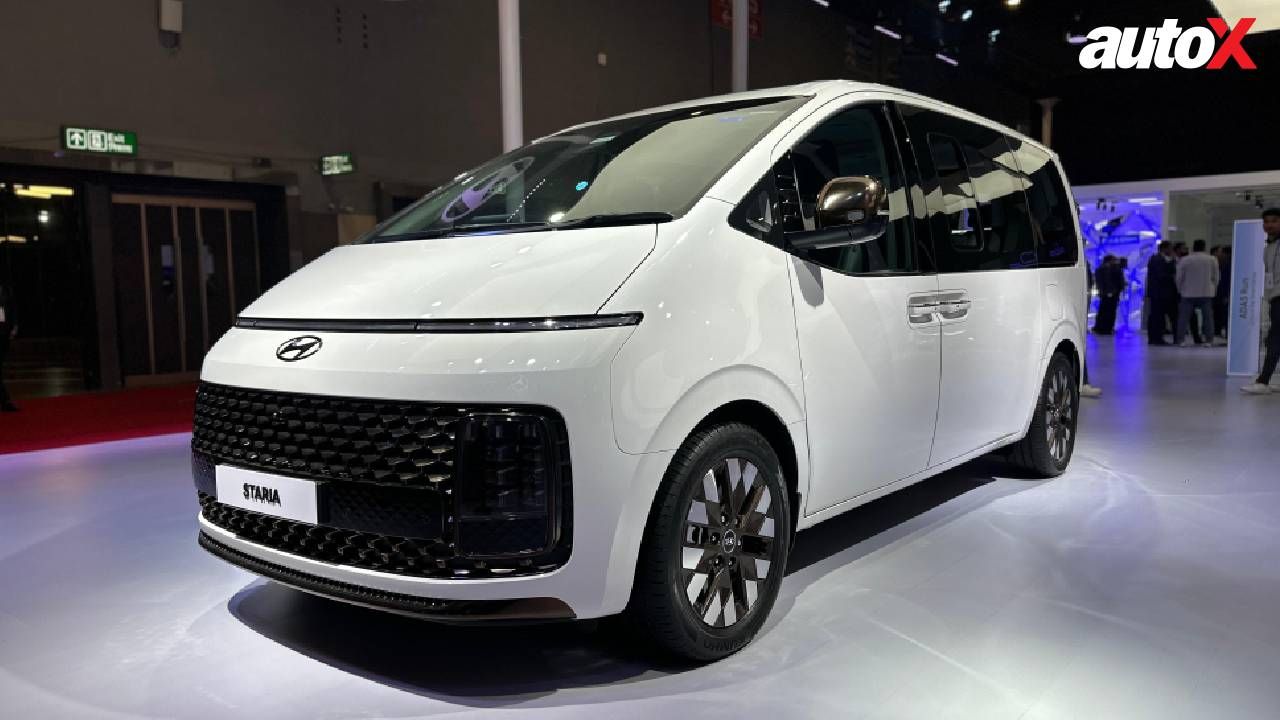

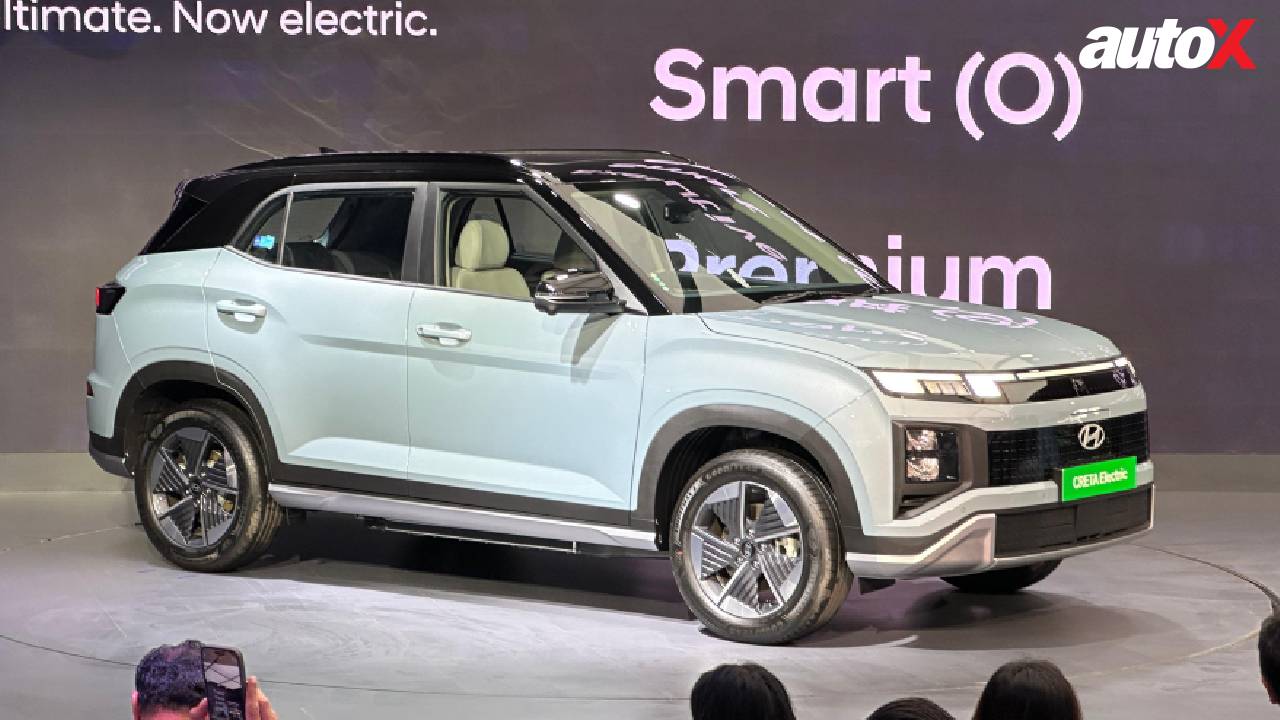


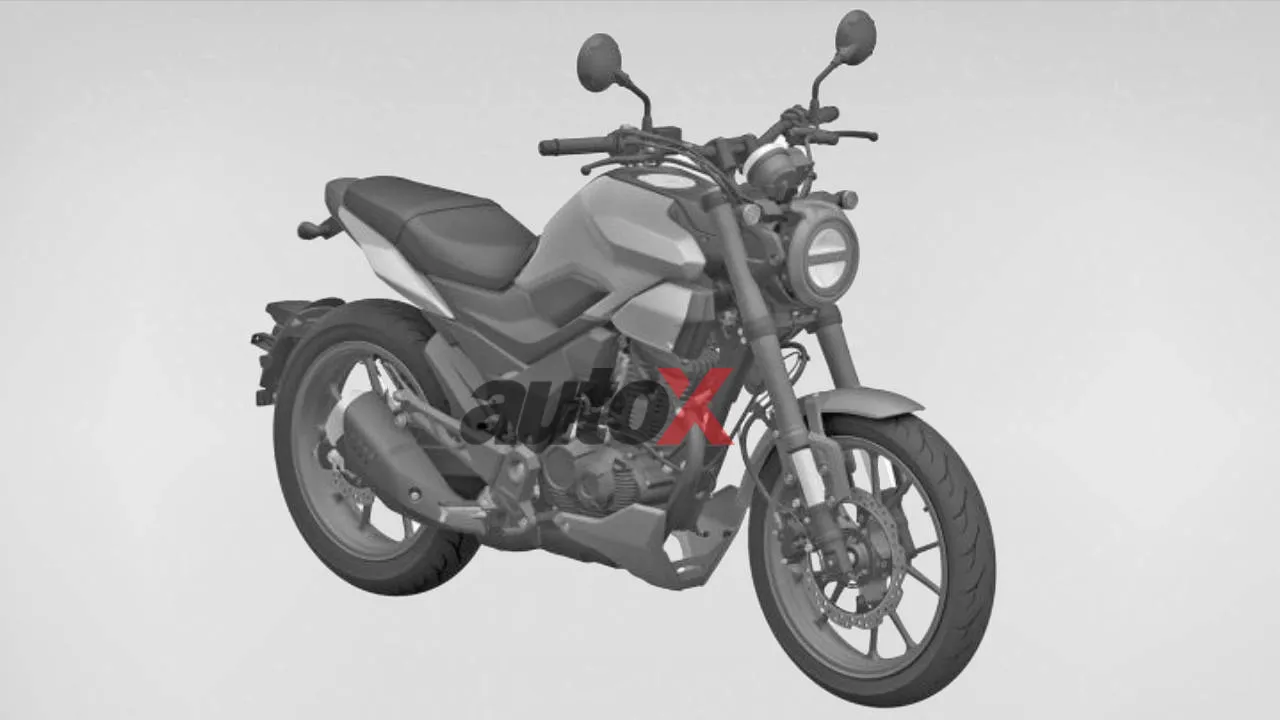
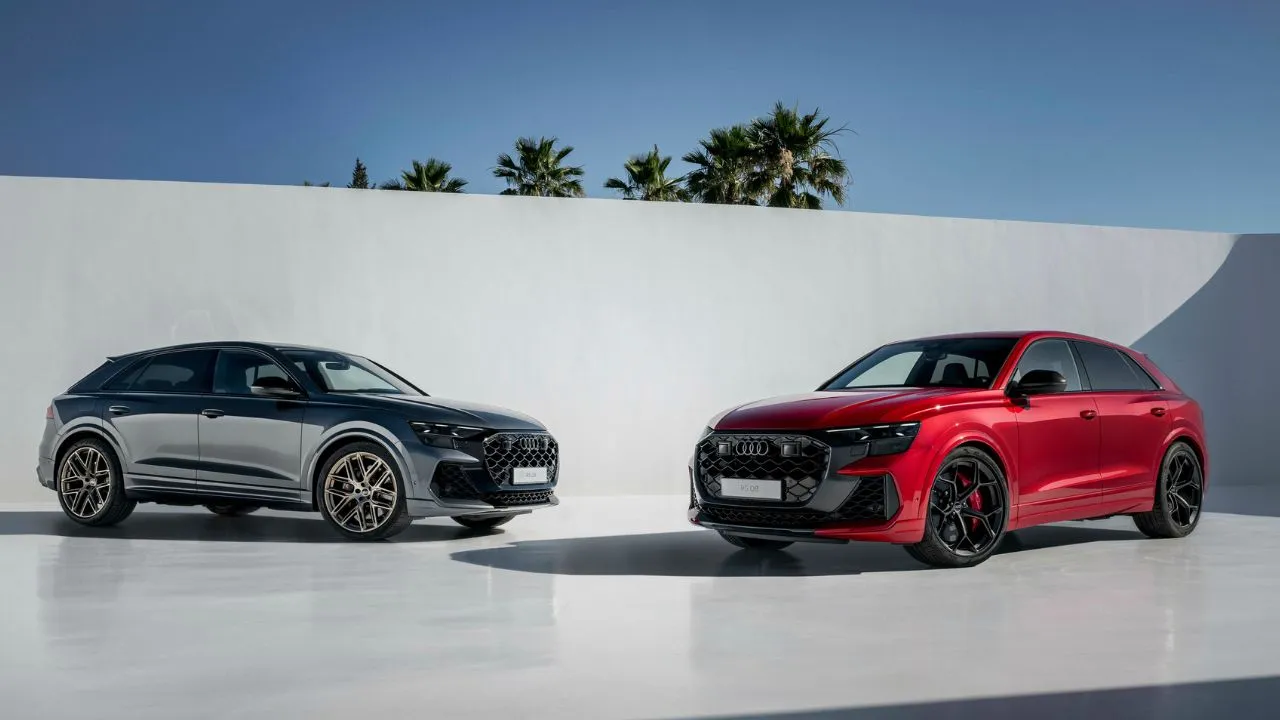
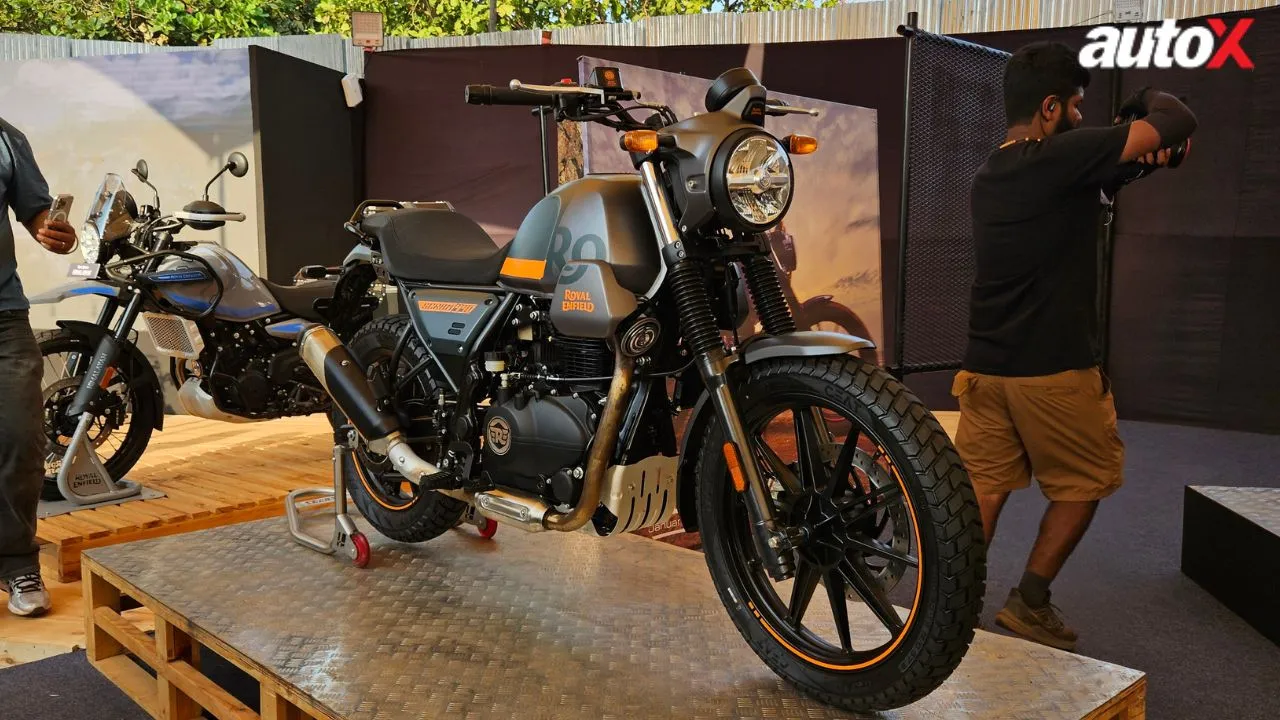
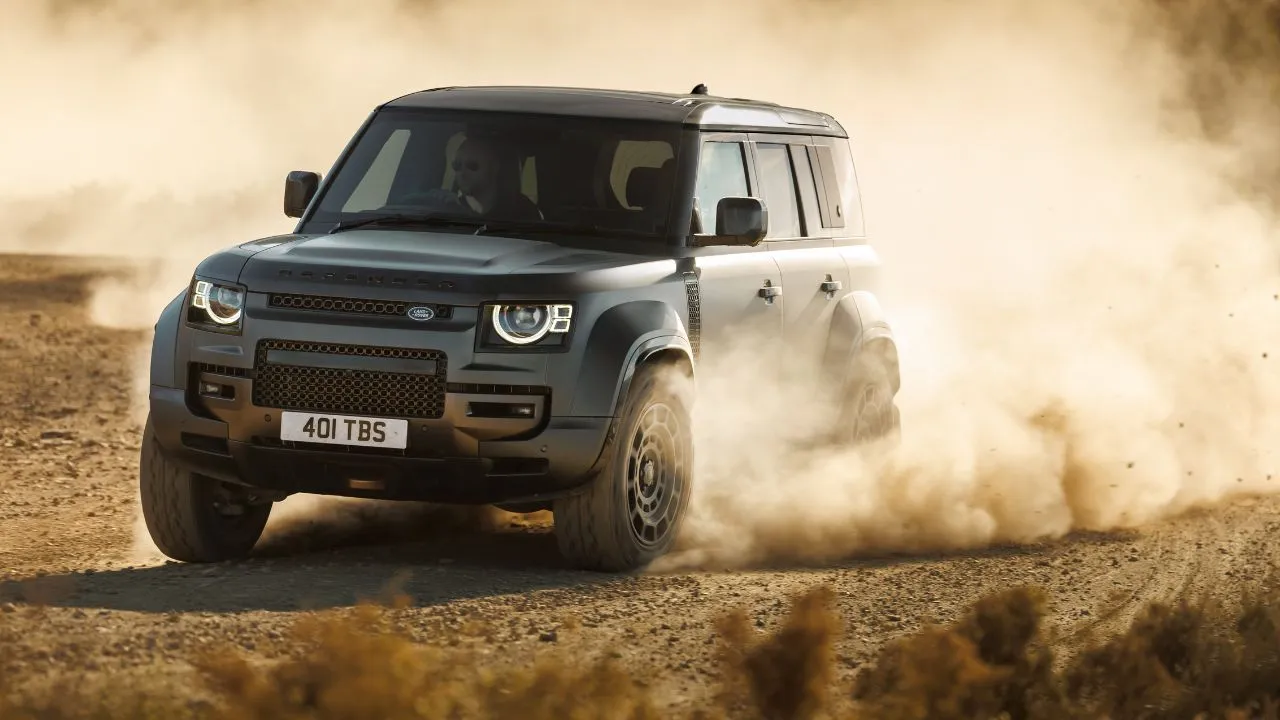
.webp)
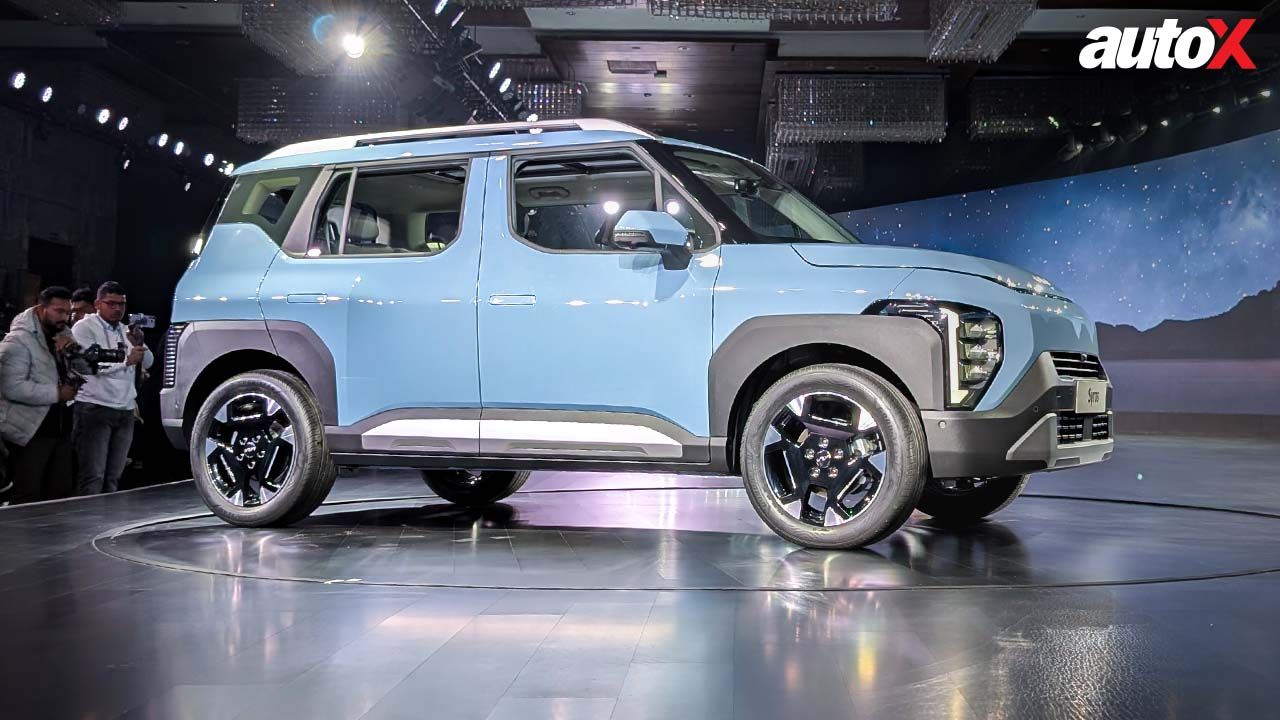
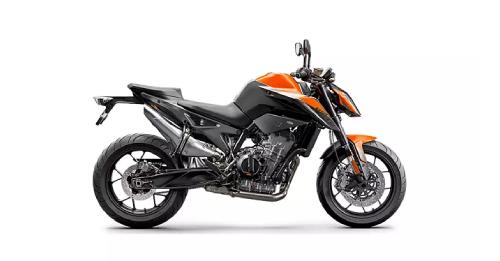
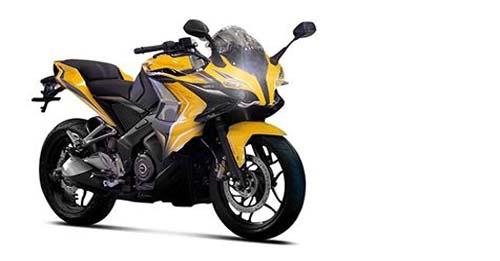
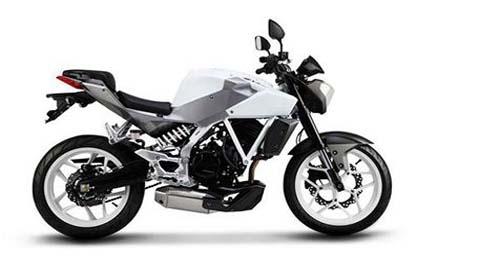
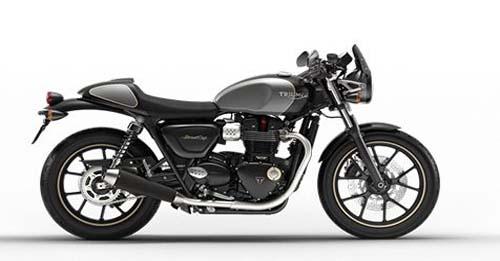
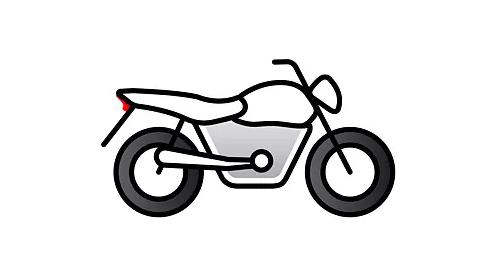
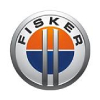






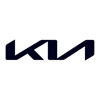

Write your Comment on